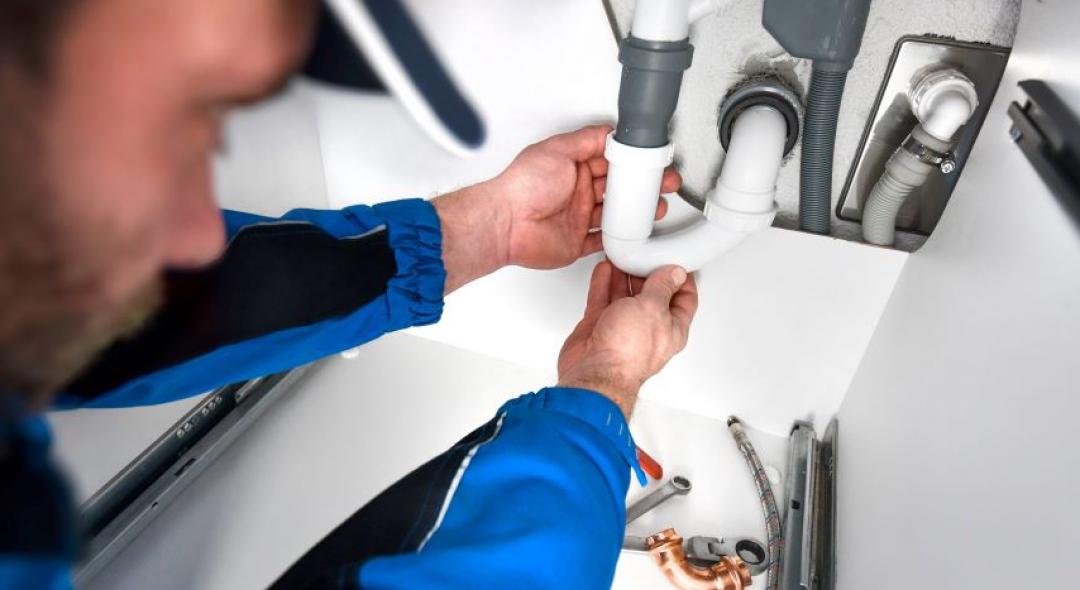You can do a lot of awesome projects with tiles, from backsplashes to mosaics, from floors to countertops – and we’re talking about this last one today!
Tile countertops are not exactly trending today, mostly because new homes often come with marble or wooden countertops due to their versatility and overall shorter setup time. But despite that, tile countertops offer many advantages you won’t find elsewhere, so if you’re looking for something different, it won’t let you down!
Since tile countertops have an entire set of pros and cons, we’ll be looking at everything you need to know from here on out. You’ll quickly understand that despite them not being so common nowadays, there’s no reason not to give them a chance!
“If opportunity doesn't knock, build a door. - Milton Berle
Best types of tile countertops

Most will agree that natural stone and porcelain are the best options, which is good, since these are probably the most common tile materials anyway.
A closer inspection at these two options will reveal their advantages and disadvantages: natural stone is more resilient as it won’t show imperfections that much, but it does require regular sealing. Porcelain on the other hand requires less maintenance, but it might be more susceptible to scratch marks and the likes.
None of these cons are deal breakers, because the benefits of each one make up for their flaws – let’s analyze the pros and cons!
What are the pros and cons of tile countertops?

The odd thing about tile countertops is that while it does have cons that seem severe on paper, they balance themselves out IN SPADES because of their pros. As an example to preface the discussion: yes, tile countertops are less durable than other types of countertops, but they are also much easier and cheaper to replace – remember, if a tile breaks, you only have to replace that one tile, not an entire slab.
Let’s see what else tile countertops have to offer:
Pro: The variety
You’ve seen tiles before. Even if you’ve never seen them for countertops in particular, you’ve surely seen them in backsplashes and bathroom floors, and you’ve seen them in many different homes – so you know variety is not a problem.
This opens up so many possibilities for customization, different uses of color combinations, patterns, shapes, price range, basically anything you could possibly want!
Con: More susceptible to bacteria
The porous surface of tile grouts must be resealed regularly. It naturally absorbs substances, so it will over time absorb fluids from raw food, with can become a bed for bacteria. This might seem really bad, but there’s an easy way to make this work.
Pro: There are materials specific for countertops
There are tiles and grout materials made specifically for countertop usage, which means they are more resistant to the kind of work you’re expected to do in it, while also dramatically reducing the issue with stains and bacteria that can come from usar regular tiles.
It’s important to note though: even while using regular tiles and grout, you’re expected to reseal your grout annually – so that’s plenty of time you don’t have to worry about maintenance either way.
Con: Lower durability compared to other countertops
Tiles are heat-resistant, but not as much as marble countertops for example, so a certain level of care if recommended. Ceramic tiles in particular are much easier to chip and scratch, meaning you can use them just fine, but with a little more care to keep them looking nice.
Pro: Easy (and cheap) to replace
This one pro basically counters all of the other cons you could think of: if you chip, scratch, or break a tile or small area of tiles… simply replace them!
This is a major advantage over marble or wooden countertops, because yes, although those are generally more durable, if they break or wear down with time, you have little choice but to replace the entire slab, which can be quite costly.
On the other hand, tile countertops have this innate benefit of support small tweaks. Did you chip one tile while mishandling something? You can replace just that one tile. Did you accidentally stain a small portion of tiles? You can just swap those out.
This makes maintenance much cheaper and so easy you can even DIY if you want, meaning it will cost even less.
How much does it cost to install tile countertops?

As mentioned before, there are many different types of materials, shapes and colors – even for grouts, so the price range is quite flexible. Estimates show you can get anywhere from $1 to $15 dollars per square foot.
Which, needless to say, is also considerably cheaper than most countertop installations, since you’ll hardly need more than, say, 5 square feet.
In general, ceramic tiles are the cheapest kind and they will take you a long way, but since the square footage is quite small either way, you might as well invest in the best materials you can that are specifically made for countertop usage. It will increase you durability considerably while also reducing maintenance.
Do you like the idea of tile countertops? Get a free quote from countertop professionals in your area today!
